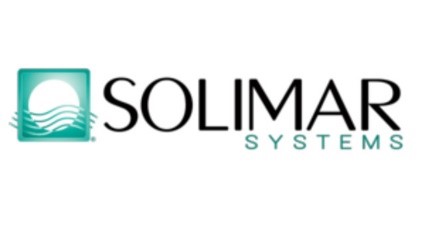Jonathan Malone-McGrew, Senior Director, Engagement at Solimar Systems, cites Madison Advisors’ study, which shows that the need to deliver what print buyers and customers require is key to the value of post-composition in 2021.
Printers are on a mission to find better ways to win more business and operate more efficiently. Their experience from last year is driving a renewed energy across the printing industry as they embrace the continued variability of print markets and its impact on how print production environments receive, produce and deliver work.
The bottom line is that the print industry continues to evolve — a notion confirmed in the latest market study from Madison Advisors (January 2021). Madison Advisors’ research focused on post-composition solutions for volume print production environments. Solimar Systems was part of this new market study. Why is post-composition important for the future success of volume print production industries? Madison Advisors puts it into context in their press release about the new study:
‘Even if some of the functionality of a post-composition solution overlaps that of the core document composition solution(s), the cost benefit of considering post-composition to address rapidly changing customer expectations more easily is worthy of serious consideration,’ commented Madison Advisors. ‘We believe that, to stay competitive, companies need to take a hard look at including post-composition into the workflow to support the ability to deliver highly personalised, efficient, cost-effective communications.’
This perspective from Madison Advisors dovetails positively into our experiences in the volume print production industries. As Madison Advisors states, the need to deliver what print buyers and customers require is key to the value of post-composition in 2021.
We see five effective ways post-composition will help print production workflows handle more business, more efficiently:
– Handle a larger number of smaller quantity orders.
– Fulfil the requirement for personalisation.
– Meet the demands for fast production and delivery.
– Enable competitive pricing.
– Leverage all destination devices and channels.
Of course, that is just the tip of the post-composition and production printing iceberg. To get started, I recommend that printers and digital communications providers take a look at their current processes, document them, and be able to identify where bottlenecks, slowdowns and manual processes exist. This will be a crucial starting point for a journey to improve production environment processes, increase ROI and open doors to increased business opportunity.
SOLIMAR SYSTEMS
https://www.solimarsystems.com/















